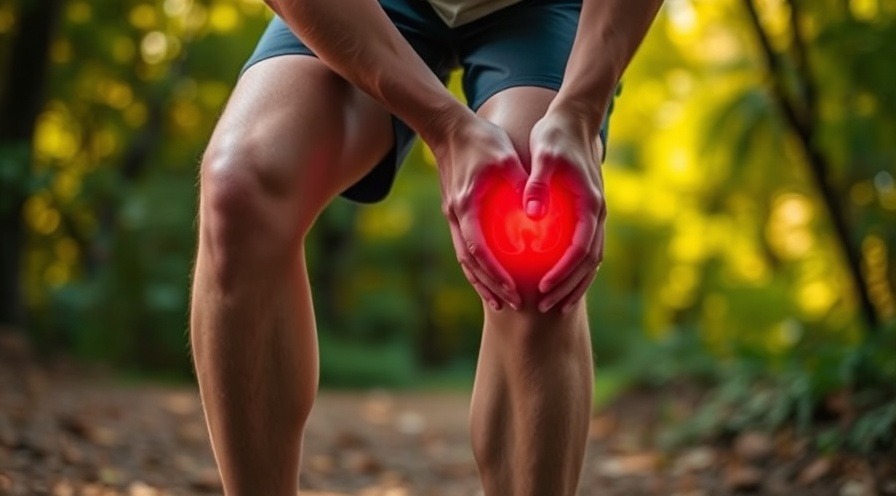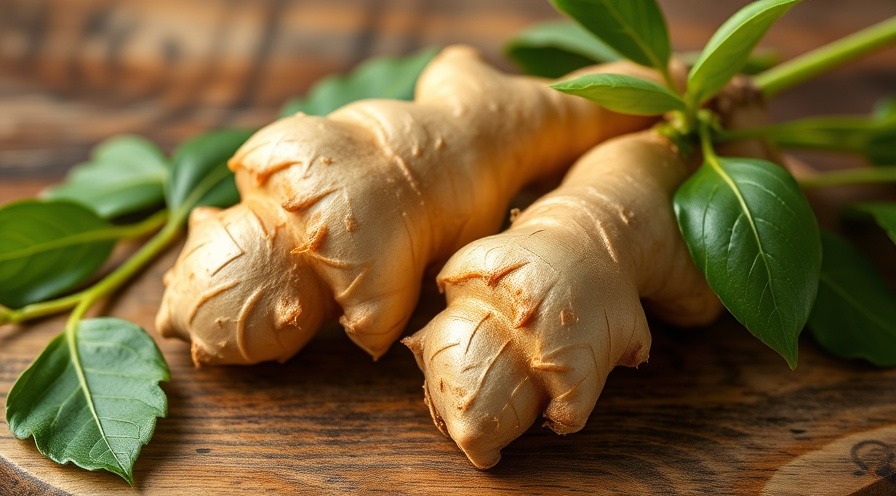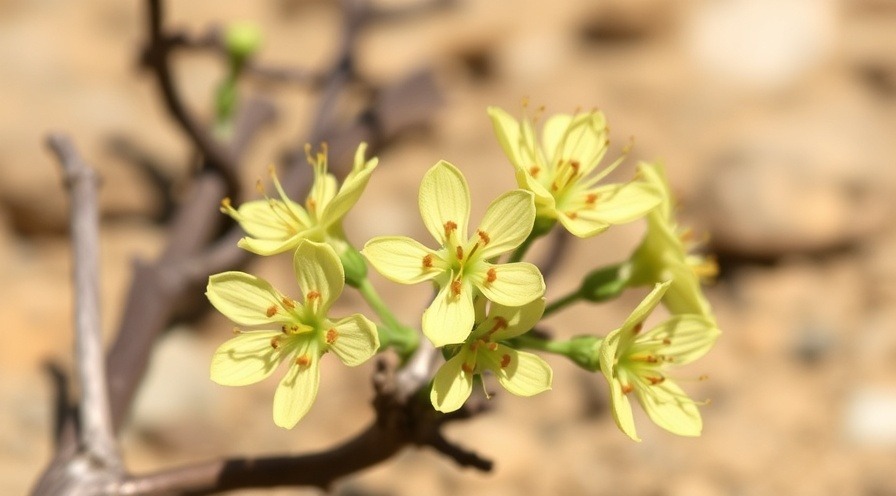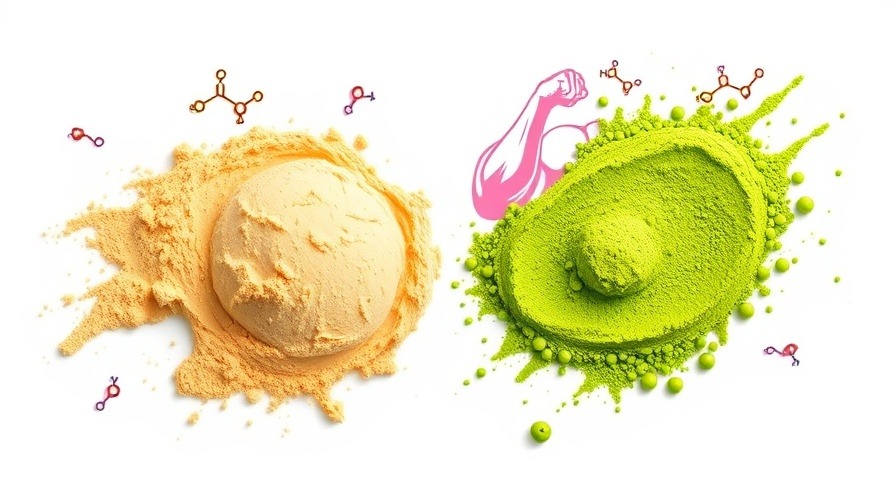
3 Powerful Herbs That Actually Reduce Arthritis Pain (According to Science)
If your joints are screaming louder than your alarm clock in the morning, these science-backed herbal remedies might be your new best friends.
Living with arthritis can feel like having an unwelcome houseguest who refuses to leave and keeps rearranging your furniture – painfully. While conventional medications are often necessary, many people are turning to Mother Nature's medicine cabinet for additional relief.
As someone who's spent countless hours researching natural remedies (and who may or may not have tried rubbing every plant in my garden on my grandmother's arthritic hands – sorry, Nana), I'm excited to share three herbs with substantial scientific backing for arthritis pain relief.
Turmeric: The Golden Child of Anti-Inflammatory Herbs
If herbs were high school students, turmeric would be that overachiever who's the captain of every sports team, gets straight As, and somehow still has time to volunteer on weekends. Its active compound, curcumin, is the star player when it comes to fighting inflammation.
The Science Behind the Yellow Magic
Turmeric contains curcuminoids, most notably curcumin, which have been shown to inhibit enzymes that contribute to inflammation. A comprehensive review published in the Journal of Medicinal Food analyzed multiple clinical trials and found that curcumin supplementation resulted in significant improvements in arthritis symptoms, particularly in reducing pain and inflammatory markers.
Dr. Randy Evans, rheumatologist at Cleveland Clinic, explains:
"Curcumin works by blocking NF-kB, a molecule that travels into the nuclei of cells and turns on genes related to inflammation. The anti-inflammatory effects of curcumin have been compared to some non-steroidal anti-inflammatory drugs (NSAIDs) in research studies."
How to Use It Effectively
The catch with turmeric is that curcumin isn't easily absorbed by the body – it's like having a premium streaming subscription with terrible internet connection. To enhance absorption:
Combine with black pepper (which contains piperine, increasing absorption by up to 2000%)
Take with a meal containing healthy fats
Consider standardized supplements with 95% curcuminoids
Case Study: The Turmeric Trial
A 12-week randomized controlled trial published in Phytotherapy Research followed 139 patients with knee osteoarthritis. The group receiving curcumin supplementation experienced pain relief comparable to the group taking ibuprofen but with fewer gastrointestinal side effects. One participant, Martha K., reported:
"After about three weeks, I noticed I could climb stairs with significantly less pain. By the end of the study, I'd reduced my dependence on prescription medications by half."

Ginger: Not Just for Cookies and Nausea
Ginger root might be famous for settling stomachs and flavoring holiday treats, but this knobby root has serious anti-inflammatory credentials too.
How Ginger Fights Arthritis Pain
Ginger contains compounds called gingerols and shogaols that inhibit the production of prostaglandins and leukotrienes – molecules that make your joints feel like they're hosting a heavy metal concert when you're trying to sleep.
A meta-analysis published in Osteoarthritis and Cartilage reviewed five clinical trials with a total of 593 patients and found that ginger extract was significantly more effective than placebo in reducing osteoarthritis pain and disability.
The Practical Approach to Ginger
You can incorporate ginger into your regimen through:
Fresh ginger tea (simmer sliced ginger in water for 10-15 minutes)
Supplements (typically 500-1000mg daily)
Adding fresh ginger to meals (bonus: makes everything tastier)
Dr. Lisa Masterson, orthopedic specialist at Johns Hopkins, notes:
"What makes ginger particularly interesting is its dual action – it not only reduces inflammation through COX-2 inhibition similar to some arthritis medications, but it also contains compounds that may actually prevent cartilage destruction. This dual-pathway approach is what we look for in long-term arthritis management."

Boswellia: The Ancient Remedy Making a Modern Comeback
If turmeric is the popular kid and ginger is the reliable friend, Boswellia (Indian frankincense) is the mysterious transfer student with ancient wisdom. Extracted from the Boswellia serrata tree, this resin has been used in Ayurvedic medicine for centuries.
The Science of Boswellia
Boswellia contains boswellic acids that specifically inhibit 5-lipoxygenase (5-LOX), an enzyme that produces inflammatory leukotrienes. This mechanism differs from many other anti-inflammatory compounds, making it a unique addition to an arthritis management plan.
A randomized, double-blind, placebo-controlled study published in Phytomedicine found that patients taking Boswellia extract experienced a significant reduction in knee pain, increased knee flexion, and increased walking distance compared to those taking placebo.
How to Incorporate Boswellia
Standardized extracts (typically 300-400mg three times daily)
Look for products standardized to contain 30-65% boswellic acids
Results typically appear after 2-4 weeks of consistent use
Real-Life Results
Some of the most compelling evidence comes from combination approaches. A 2013 study in the International Journal of Medical Sciences compared a formula containing Boswellia, turmeric, and other herbs to a prescription anti-inflammatory drug (Celecoxib). The herbal formula not only matched the prescription drug for effectiveness but showed better safety profiles over the 12-week period.

Before You Raid the Health Food Store...
While these herbs show promising results, a few important caveats:
Talk to your doctor first – especially if you're taking medications, as herbs can interact with prescription drugs.
Quality matters tremendously – the supplement industry is less regulated than pharmaceuticals, so research brands carefully.
Patience is key – unlike prescription anti-inflammatories that can work within hours, herbs often require consistent use for several weeks before benefits appear.
These supplements complement but don't replace conventional treatments for inflammatory arthritis.
The Holistic Approach to Arthritis Management
The most effective approach to managing arthritis combines multiple strategies:
Anti-inflammatory diet rich in omega-3s
Appropriate physical activity and weight management
Stress reduction techniques
Conventional treatments as needed
Strategic supplementation with evidence-backed herbs
As someone who's watched family members struggle with joint pain for years, I understand the desperation for relief. Just remember that the goal isn't to eliminate conventional medicine in favor of herbs, but rather to create a comprehensive approach that minimizes side effects while maximizing quality of life.
Have you tried any of these herbs for your arthritis pain?
References:
Daily, J. W., Yang, M., & Park, S. (2016). Efficacy of Turmeric Extracts and Curcumin for Alleviating the Symptoms of Joint Arthritis: A Systematic Review and Meta-Analysis of Randomized Clinical Trials. Journal of Medicinal Food, 19(8), 717–729.
Bartels, E. M., Folmer, V. N., Bliddal, H., Altman, R. D., Juhl, C., Tarp, S., Zhang, W., & Christensen, R. (2015). Efficacy and safety of ginger in osteoarthritis patients: a meta-analysis of randomized placebo-controlled trials. Osteoarthritis and Cartilage, 23(1), 13-21.
Sengupta, K., Alluri, K. V., Satish, A. R., Mishra, S., Golakoti, T., Sarma, K. V., Dey, D., & Raychaudhuri, S. P. (2008). A double blind, randomized, placebo controlled study of the efficacy and safety of 5-Loxin for treatment of osteoarthritis of the knee. Arthritis Research & Therapy, 10(4), R85.
Kizhakkedath, R. (2013). Clinical evaluation of a formulation containing Curcuma longa and Boswellia serrata extracts in the management of knee osteoarthritis. Molecular Medicine Reports, 8(5), 1542-1548.
Shep, D., Khanwelkar, C., Gade, P., & Karad, S. (2019). Safety and efficacy of curcumin versus diclofenac in knee osteoarthritis: a randomized open-label parallel-arm study. Trials, 20(1), 214.
 Add Row
Add Row  Add
Add 




 Add Row
Add Row  Add
Add 

Write A Comment